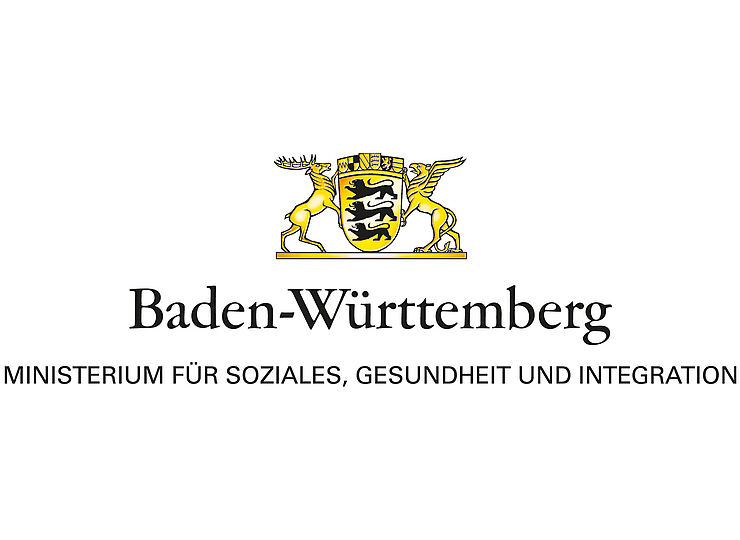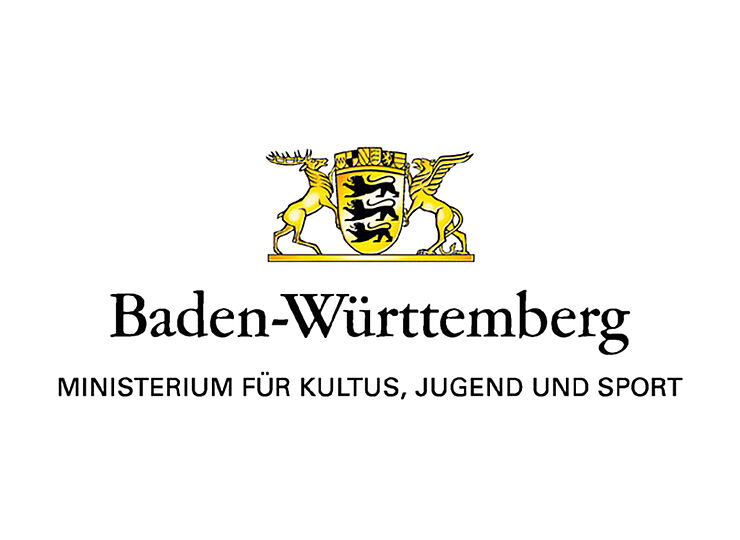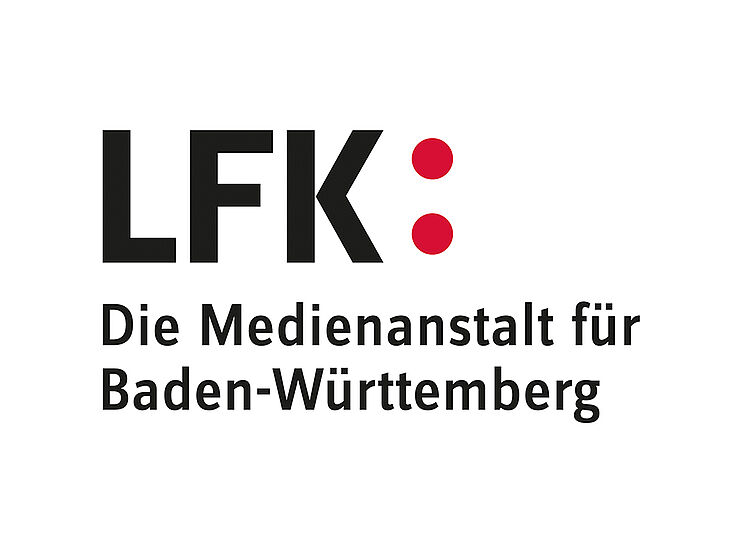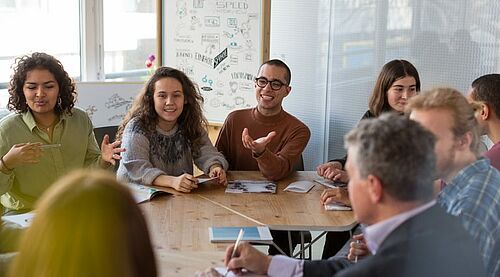LKJ
The Landesvereinigung Kulturelle Jugendbildung (LKJ) Baden-Wuerttemberg implements programmes and projects for cultural and media-supported youth education. It is a state-wide umbrella organisation and represents the interest of cultural educational work with children and youths in Baden-Wuerttemberg.
Tasks and goals
The Baden-Württemberg Association for Cultural Youth Education (LKJ), founded in 1980, is a consortium of 27 country-wide organizations, working groups and initiatives for cultural education with children and adolescents. The activities range from theater, dance, music, circus, literature to creative media use. As an umbrella organization, we represent the interests for cultural education in the overall field of youth welfare and to the public, politics and administration in Baden-Württemberg.
The LKJ is the organisation responsible for the Freiwilliges Soziales Jahr (FSJ) Kultur, the German voluntary social year in culture, in Baden-Wuerttemberg. It is responsible for the application and placement process, supports volunteers and organises their educational seminars as well as knowledge-sharing events.
The LKJ itself offers creative cultural and media education projects through numerous projects for students in Baden-Wuerttemberg. By taking part in media projects, youths increase their media skills and try out being producers of audio or video clips. As “school mentors for cultural youth education”, they initiate more cultural education in their schools. Students who learn to be creative and voice their ideas, learn not only creative and media-focused content, but also more about their own strengths, working in a team and thus increasing their self-confidence.
Educational understanding
Cultural education is part of general education. It enables young people to understand and to help shape the complex social changes of our time.
Cultural education is education in, for and through the arts. Education stands here for more than the mediation of knowledge. It includes activity and examination of the existing world and opens up participation in social, cultural and political processes.
Education always has an emotional, social and above all sensual-aesthetic dimension.
Cultural education works with principles such as self-efficacy, error-tolerance, participation and recognition. It takes the individual with his skills and interests seriously and is a way of self-formation and personality development.
As education nowadays has to give orientation in a fast-changing world, it is a central resource for shaping one's own life. From the point of view of the LKJ, this requires a broad understanding of education, which includes education with all senses and attaches value to the use of the arts in different areas of learning and education.
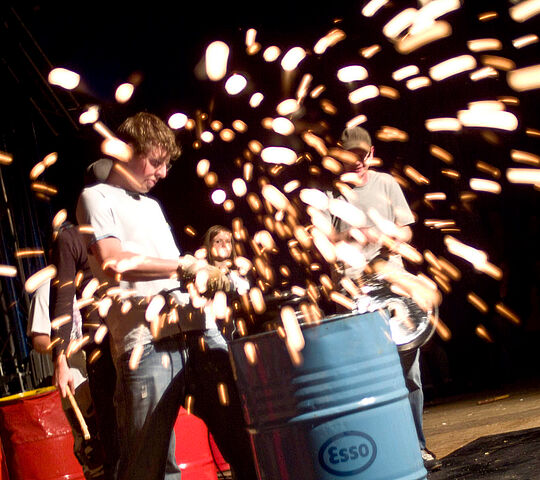
Exchange of experience
We offer internal exchange of experience and with the country and nationwide "scene" of child and youth cultural education for our member organizations. We carry out our own pilot projects and programs, stimulate innovative processes in cultural youth education and organize symposia and vocational training. We also promote the development of new interest groups in the field of cultural education.
Networking
Cultural education requires intensive cooperation between different educational institutions. The cooperation and networking of schools, professional training, youth, social and cultural sectors is a key to a comprehensive personality development of young people and a forward looking culture of growing up.
Social participation
Cultural education is diversity and inclusion. Children and young people have a right to cultural education, regardless of the interests and possibilities of their parents. This also applies in particular to children and young people with disabilities or impairments, children and adolescents from immigrant families and children and young people living in difficult circumstances. Where offers are open to all and are used by all, reservations and prejudices are eliminated and social integration succeeds.
Supported by
